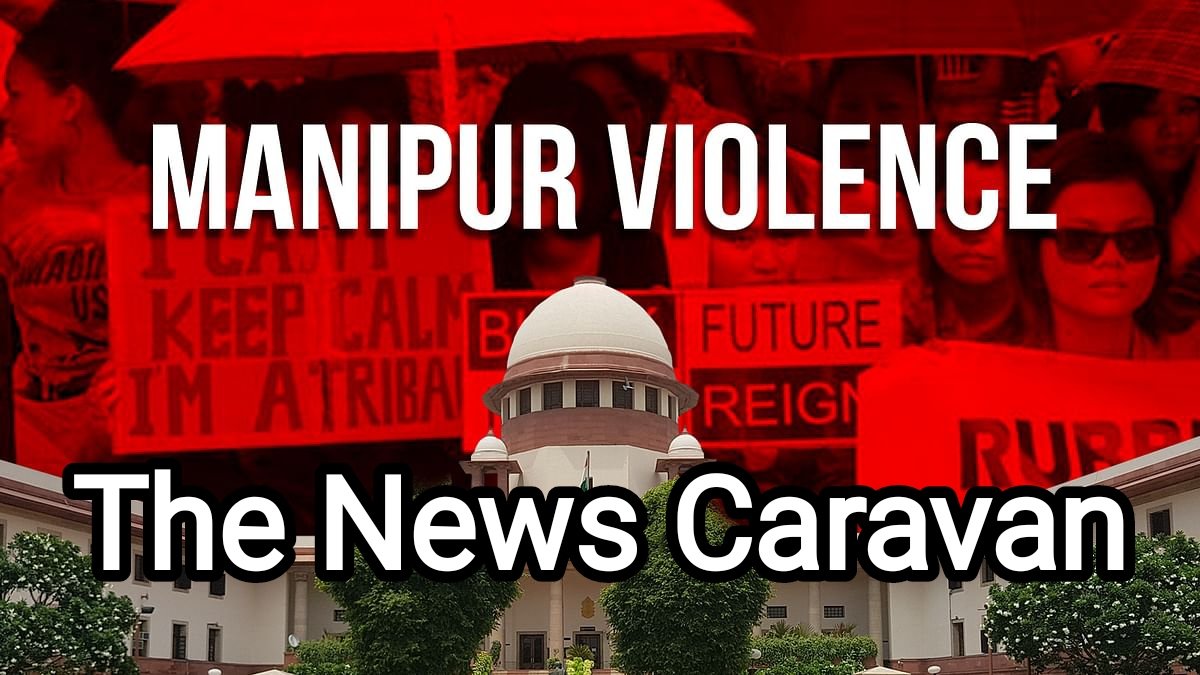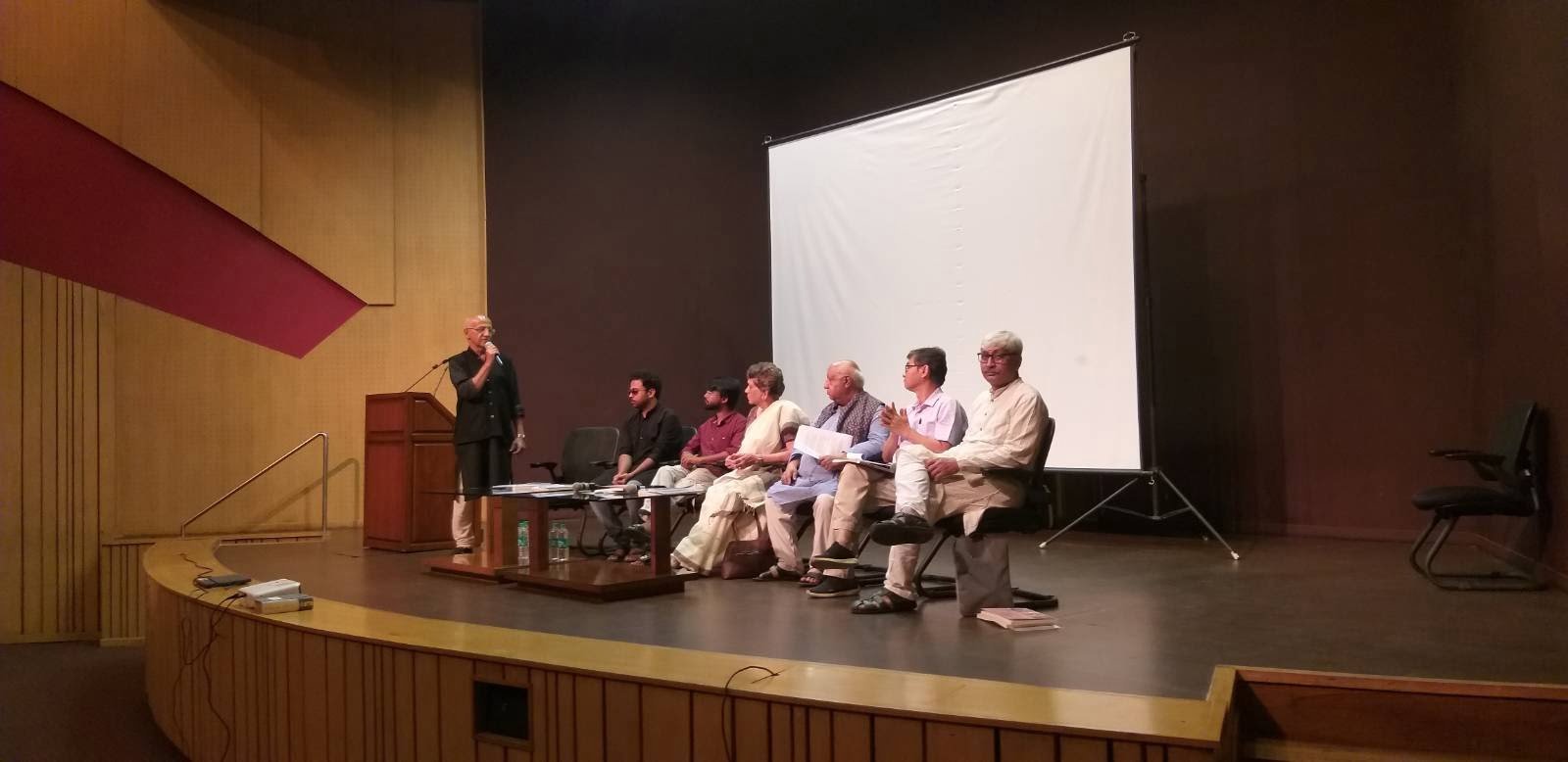The Manipur Govt must be sacked immediately : Justice Katju
Today I met in Delhi two Professors of a University in Manipur. They told me they are here in Delhi because their University is closed down sine die.due to the violence in Manipur. Since I did not know what exactly happened in Manipur, I requested them to explain to me.Continue Reading


